
A Cryptocurrency is an advanced payment system that doesn't depend on banks to check the transactions. It's a shared framework that can empower anybody from any place to send and receive payments. Rather than being actual cash that is hefted around and traded in reality, cryptocurrency transactions exist absolutely as computerized passages to a web-based data set that depict explicit exchanges. At the point when you move cryptocurrency reserves, the exchanges are recorded in a public record. You store your cryptocurrency money in digital mode.  Cryptocurrencies regularly utilize decentralized control to keep a record of all transactions, instead of a national bank which keeps a record of all transactions. Cryptocurrencies also get this name since they utilizes encryption to confirm transactions. Some cryptocurrencies use validators to keep up with the cryptocurrency. In a proof-of-stake model, proprietors set up their tokens as insurance. Consequently, they get authority over the token concerning the sum they stake. These symbolic stakes get extra proprietorship in the token over the long run through network charges, recently printed tokens, or other such mechanisms. Cryptocurrencies do not physically exist but are a virtual form of currency.
Cryptocurrencies regularly utilize decentralized control to keep a record of all transactions, instead of a national bank which keeps a record of all transactions. Cryptocurrencies also get this name since they utilizes encryption to confirm transactions. Some cryptocurrencies use validators to keep up with the cryptocurrency. In a proof-of-stake model, proprietors set up their tokens as insurance. Consequently, they get authority over the token concerning the sum they stake. These symbolic stakes get extra proprietorship in the token over the long run through network charges, recently printed tokens, or other such mechanisms. Cryptocurrencies do not physically exist but are a virtual form of currency.
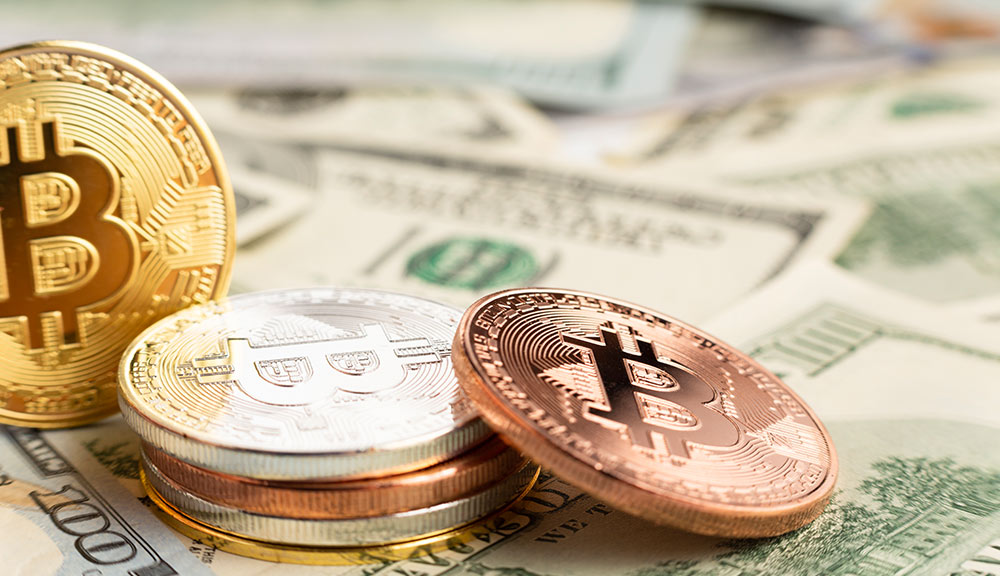 Bitcoin is the first decentralized cryptocurrency. Even after the arrival of bitcoin, numerous other cryptocurrencies have been made. Bitcoin depends upon distributed programming and cryptography. A large number of public records store all the transactions & payments instead of any single set of servers, controlled centrally.
Bitcoin is the first decentralized cryptocurrency. Even after the arrival of bitcoin, numerous other cryptocurrencies have been made. Bitcoin depends upon distributed programming and cryptography. A large number of public records store all the transactions & payments instead of any single set of servers, controlled centrally.
 The cryptocurrency, Bitcoin is said to have been created in 2008 by Satoshi Nakamoto, though he claims that he has nothing to do with it. This cryptocurrency started being exchanged in 2009 with an open-source software accessible to anyone and everyone.
The cryptocurrency, Bitcoin is said to have been created in 2008 by Satoshi Nakamoto, though he claims that he has nothing to do with it. This cryptocurrency started being exchanged in 2009 with an open-source software accessible to anyone and everyone.
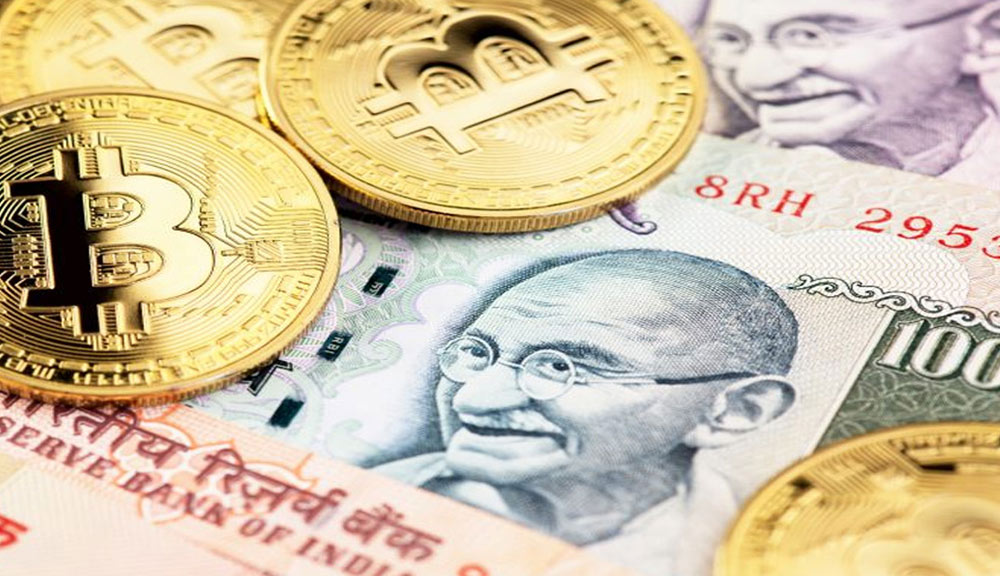 Bitcoin can be traded for cash very much like any other cryptocurrency. There are various digital money trades online where individuals can do this however exchanges can likewise be completed face to face or over any interchanges stage, permitting even independent companies to acknowledge bitcoin. Nothing intrinsically significant supports the bitcoin network. Be that as it may, this is valid for a considerable lot of the world's most steady public economic forms since leaving the best quality level.
Bitcoin can be traded for cash very much like any other cryptocurrency. There are various digital money trades online where individuals can do this however exchanges can likewise be completed face to face or over any interchanges stage, permitting even independent companies to acknowledge bitcoin. Nothing intrinsically significant supports the bitcoin network. Be that as it may, this is valid for a considerable lot of the world's most steady public economic forms since leaving the best quality level.
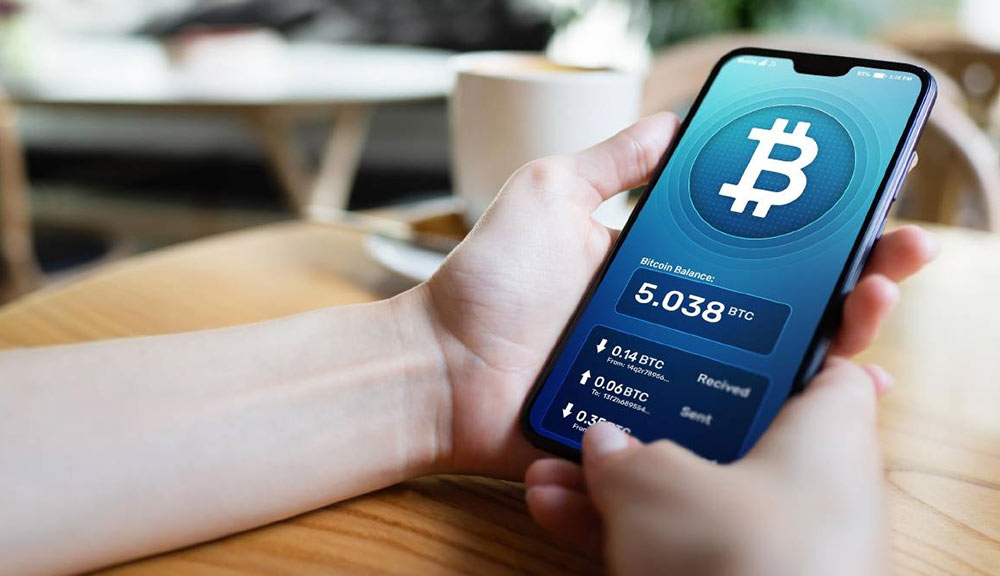 Digital currencies are typically assembled utilizing blockchain innovation. Also, exchanges require a two-factor confirmation process. Then, at that point, you may need to enter a verification code that is sent through the message to your own PDA. Though encryptions are built, that doesn't mean that digital forms of money are un-hackable. Indeed, a few high-dollar hacks have cost digital currency new companies vigorously.
Digital currencies are typically assembled utilizing blockchain innovation. Also, exchanges require a two-factor confirmation process. Then, at that point, you may need to enter a verification code that is sent through the message to your own PDA. Though encryptions are built, that doesn't mean that digital forms of money are un-hackable. Indeed, a few high-dollar hacks have cost digital currency new companies vigorously.
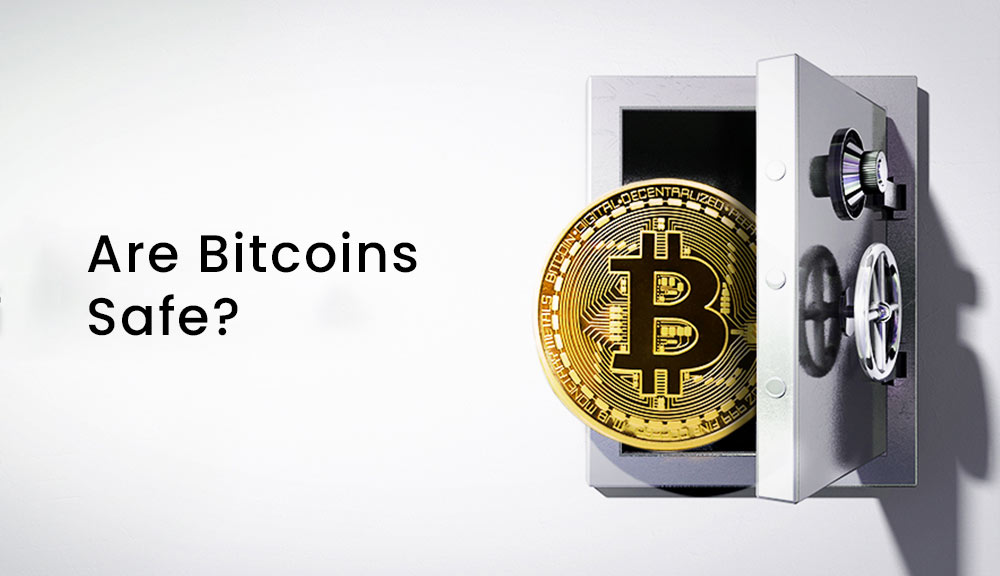 The SHA-256 calculation planned by the US National Security Agency is the cryptography behind Bitcoin. Breaking this is, in every practical sense, unthinkable as there are more conceivable private keys that would need to be tried (2256) than there are molecules in the universe. There have been a few high-profile instances of bitcoin trades being hacked and reserves being taken, yet these administrations perpetually put away the advanced cash for the benefit of clients. A sensible issue is that bitcoin works with next to no central power. Along these lines, anybody making a mistake with an exchange on their wallet has no plan of action. On the off chance that you unintentionally send bitcoins to some unacceptable individual or lose your secret key, there is no one to go to. The inevitable appearance of viable quantum figuring could break everything. Most cryptography depends on numerical computations that are amazingly difficult for current PCs to do, however, quantum PCs work distinctively and might have the option to execute them in a small amount of a second.
The SHA-256 calculation planned by the US National Security Agency is the cryptography behind Bitcoin. Breaking this is, in every practical sense, unthinkable as there are more conceivable private keys that would need to be tried (2256) than there are molecules in the universe. There have been a few high-profile instances of bitcoin trades being hacked and reserves being taken, yet these administrations perpetually put away the advanced cash for the benefit of clients. A sensible issue is that bitcoin works with next to no central power. Along these lines, anybody making a mistake with an exchange on their wallet has no plan of action. On the off chance that you unintentionally send bitcoins to some unacceptable individual or lose your secret key, there is no one to go to. The inevitable appearance of viable quantum figuring could break everything. Most cryptography depends on numerical computations that are amazingly difficult for current PCs to do, however, quantum PCs work distinctively and might have the option to execute them in a small amount of a second.
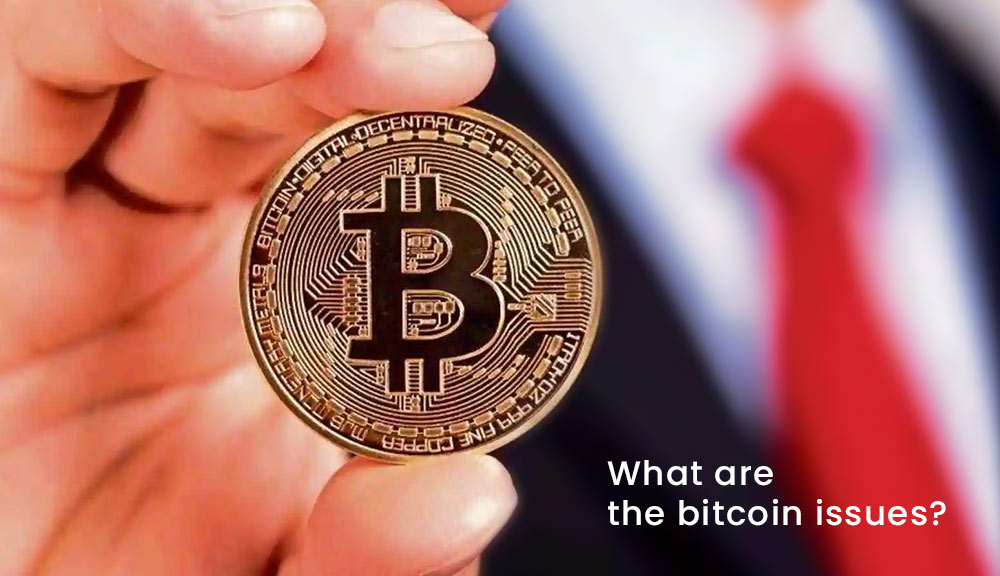 Digital money has likewise been connected to guiltiness, with pundits calling attention to it being an ideal way of making bootleg market exchanges. Truly, cash has given this capacity to hundreds of years, and the public record of bitcoin may be a device for law requirements.
Digital money has likewise been connected to guiltiness, with pundits calling attention to it being an ideal way of making bootleg market exchanges. Truly, cash has given this capacity to hundreds of years, and the public record of bitcoin may be a device for law requirements.
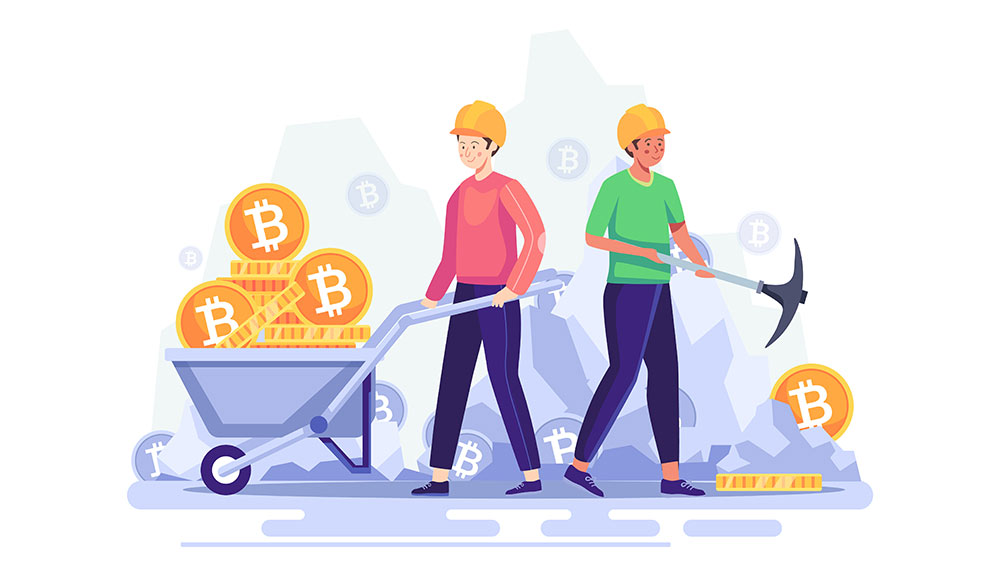 Mining is the cycle that keeps up with the bitcoin network and how new coins are brought into reality. All exchanges are openly communicated on the organization and diggers group enormous assortments of exchanges together into blocks by finishing a cryptographic computation that is amazingly difficult to produce yet exceptionally simple to confirm. That digger is then compensated with a measure of recently made bitcoin. Intrinsic in the bitcoin programming is a hard constraint of 21 million coins. The absolute number of coins will be available for use by 2140. Generally, at regular intervals, the product makes it twice as difficult to mine bitcoin by lessening the size of the prizes. Excavators likewise pick which exchanges to package into a square, so charges of a fluctuating sum are added by the sender as a motivator. When all coins have been mined, these charges will proceed as a motivator for mining to proceed. This is required as it gives the foundation of the Bitcoin organization.
Mining is the cycle that keeps up with the bitcoin network and how new coins are brought into reality. All exchanges are openly communicated on the organization and diggers group enormous assortments of exchanges together into blocks by finishing a cryptographic computation that is amazingly difficult to produce yet exceptionally simple to confirm. That digger is then compensated with a measure of recently made bitcoin. Intrinsic in the bitcoin programming is a hard constraint of 21 million coins. The absolute number of coins will be available for use by 2140. Generally, at regular intervals, the product makes it twice as difficult to mine bitcoin by lessening the size of the prizes. Excavators likewise pick which exchanges to package into a square, so charges of a fluctuating sum are added by the sender as a motivator. When all coins have been mined, these charges will proceed as a motivator for mining to proceed. This is required as it gives the foundation of the Bitcoin organization.
In the extremely far future, worldwide and democratized digital forms of money can supplant government-upheld fiat monetary standards as the essential method for managing monetary exchanges. Because of that end, Microsoft has additionally started working with huge scope recreation tests for the benefit of banks and other huge companies keen on understanding the possible implications for an enormous scope shift in the worldwide economy.

Unless you are living under a rock, you cannot miss the increasing use of AI in...

On July 3rd, 2023, Sensex created history by reaching the 65000 mark; barely 16...

Just a few decades ago, the thought process and the preference when it came to ...